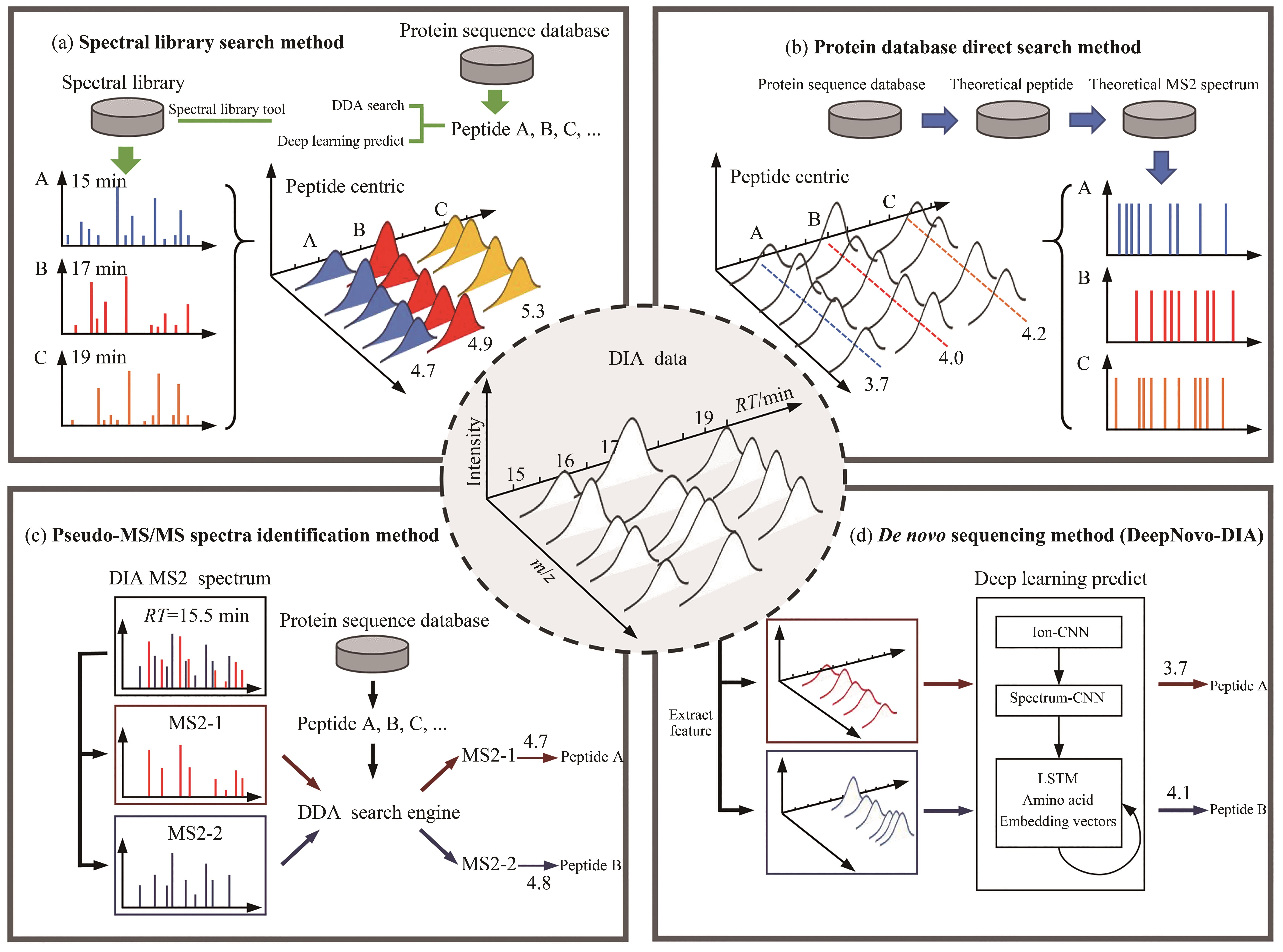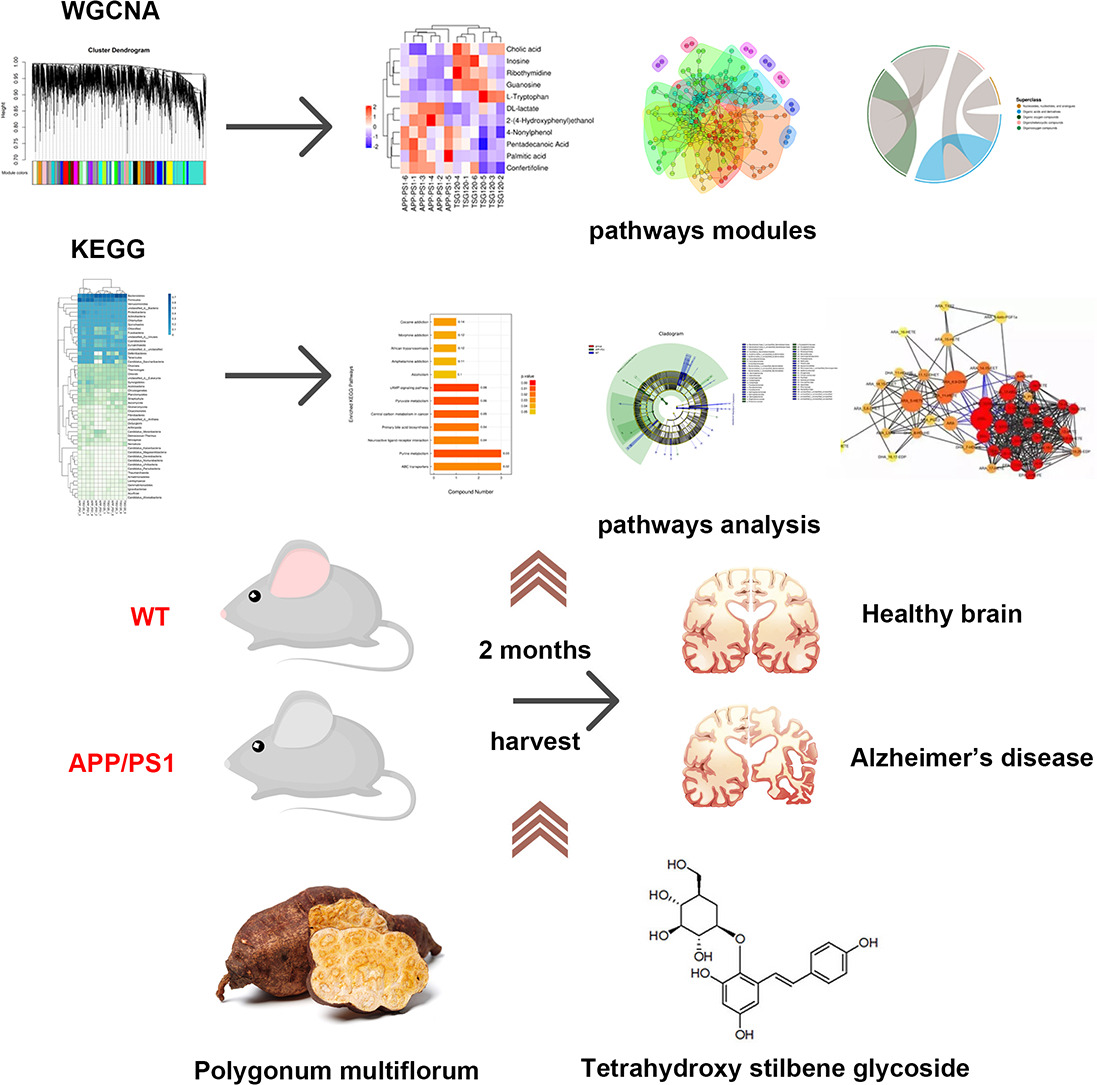DIA Data Analysis Service
Data Independent Acquisition (DIA) data analysis is a high-throughput, unbiased proteomic data processing method designed for the accurate identification and quantification of proteins in samples. Its core principle involves dividing the mass spectrometry scanning range into multiple windows, fragmenting all peptide ions simultaneously within each window, and recording all fragment ion signals using high-resolution mass spectrometry. DIA data analysis typically relies on spectral library matching (Spectral Library) or direct DIA searching (Direct DIA) for protein identification and quantification. Additionally, it integrates machine learning algorithms, bioinformatics tools, and statistical methods to ensure high accuracy and reproducibility of the data.
DIA data analysis service is widely applied in life sciences, including disease research, biomarker discovery, drug target identification, immunology, metabolomics, agricultural sciences, and food safety. For example, in cancer research, DIA data analysis enables large-scale protein quantification to identify potential disease biomarkers. In drug development, it facilitates the elucidation of drug mechanisms and efficacy evaluation. Furthermore, DIA data analysis plays a crucial role in protein interaction network studies, post-translational modification (PTM) analysis, and biopharmaceutical quality control. It provides highly sensitive and high-resolution proteomic data analysis solutions for precision medicine, functional proteomics, and multi-omics integration research.

Hou, X X. et al. Progress in Biochemistry and Biophysics, 2022.
Figure 1. The Workflow of DIA Data Analysis Method.
Analysis Workflow
1. Data Preprocessing
DIA data analysis begins with raw data quality control, noise reduction, peak extraction, and chromatographic alignment to ensure accuracy and comparability. This step is typically optimized using specialized software such as Spectronaut, DIA-NN, and Skyline.
2. Protein Identification
DIA data analysis employs either spectral library matching or direct DIA searching (Direct DIA) for protein identification. Spectral library matching relies on pre-built libraries generated from DDA (Data-Dependent Acquisition) or deep DIA experiments, whereas Direct DIA infers protein information directly from DIA data without requiring an external spectral library.
3. Quantitative Analysis
DIA data analysis quantifies target peptides and proteins by calculating characteristic ion intensities, using peak area integration or machine learning algorithms. Standardization methods, such as internal reference protein correction or global normalization, are applied to enhance data stability and quantification accuracy.
4. Bioinformatics Interpretation
Downstream DIA data analysis includes differential protein screening, functional enrichment analysis (GO, KEGG), protein-protein interaction (PPI) network construction, and pathway analysis to uncover protein expression trends under different experimental conditions. Additionally, DIA data analysis can be integrated with transcriptomics, metabolomics, and other multi-omics datasets to provide a system-level understanding of biological regulation and dynamic processes.
Services at MtoZ Biolabs
Based on the high-resolution mass spectrometry system, MtoZ Biolabs has established a DIA data analysis service platform. You simply send us your sample and we will process all the next steps of the project, including protein extraction, protein digestion, peptide separation, mass spectrometry analysis, raw data analysis and bioinformatics analysis.
Service Advantages
1. One-Time-Charge
Our pricing is transparent, no hidden fees or additional costs.
2. High-Data-Quality
Deep data coverage with strict data quality control. AI-powered bioinformatics platform integrates all proteomics analysis data, providing clients with a comprehensive data report.
3. Suitable for Large-Scale Sample Analysis
DIA data analysis service is applicable to large-scale proteomics studies, such as biomarker discovery, disease mechanism research, and drug mechanism exploration. It is well-suited for processing high-throughput proteomics data in both clinical and fundamental research.
4. Comprehensive Bioinformatics Interpretation
DIA data analysis not only provides high-precision protein quantification results but also enables pathway enrichment analysis (GO, KEGG), protein-protein interaction (PPI) network construction, and multi-omics integration analysis, facilitating in-depth scientific research exploration.
5. Customized Services
MtoZ Biolabs provides tailored services to address your unique research questions and experimental needs.
Applications
1. Disease Research and Biomarker Screening
DIA data analysis service enables comprehensive profiling of protein expression changes between healthy and disease samples, facilitating the identification of disease-associated protein biomarkers. This approach supports early diagnosis and precision treatment strategies for cancer, neurodegenerative disorders, cardiovascular diseases, and other conditions.
2. Drug Target Screening and Mechanism of Action Studies
In drug development, DIA data analysis aids in discovering and validating drug targets, studying drug mechanisms of action, and analyzing protein interactions. It also assesses the impact of drugs on protein expression, optimizing drug screening and preclinical research.
3. Immunology and Tumor Microenvironment Research
DIA data analysis service is applicable to immune response studies, inflammation research, and tumor microenvironment profiling. By tracking dynamic changes in immune-related proteins, it provides precise data support for developing immunotherapy strategies.
4. Metabolic Regulation and Post-Translational Modification (PTM) Studies
DIA data analysis enables precise detection of protein post-translational modifications (PTMs), such as phosphorylation, acetylation, and ubiquitination. It helps elucidate metabolic regulatory mechanisms and explores the role of protein modifications in cellular signaling pathways, advancing systems biology research.
5. Agricultural and Food Science
In agricultural research, DIA data analysis service is used for identifying stress-resistance proteins in crops and monitoring livestock health. In food science, it aids in quality control, functional food ingredient identification, and food safety assessments, providing valuable proteomics insights for agricultural biotechnology and food industry advancements.
Case Study
1. Phosphoproteomic Analysis of APP/PS1 Mice in Alzheimer's Disease Using DIA-Based Mass Spectrometry with PRM Verification
This study aimed to investigate the phosphoproteomic characteristics of APP/PS1 transgenic mice, an Alzheimer's disease (AD) model, using DIA data analysis to uncover AD-related molecular mechanisms. APP/PS1 transgenic mice and control groups were selected as research subjects. A high-throughput phosphoproteomic analysis based on DIA was conducted, followed by PRM (Parallel Reaction Monitoring) validation of key phosphorylated proteins. Through DIA data analysis, the study identified and quantified phosphorylated proteins in the brain tissues of AD model mice, revealing significant phosphorylation modifications in proteins enriched in neural signaling, synaptic function, and Tau protein metabolism pathways. Further PRM validation confirmed the trends of key phosphorylation sites, aligning with the DIA data analysis results. The findings demonstrate that DIA data analysis provides high-throughput, high-sensitivity phosphoproteomic data, offering precise insights into dynamic protein modifications in AD research. This study contributes to understanding AD-related molecular mechanisms and suggests new directions for identifying potential disease biomarkers and therapeutic targets.

Gao, Y. et al. Journal of Proteomics, 2024.
Figure 2. DIA Mass Spectrometry Analysis Workflow for Phosphoproteomic Profiling of APP/PS1 Mice in Alzheimer's Disease.
Deliverables
1. Comprehensive Experimental Details
2. Materials, Instruments, and Methods
3. Data Analysis, Preprocessing, and Estimation
4. Bioinformatics Analysis
5. Raw Data Files
MtoZ Biolabs, an integrated Chromatography and Mass Spectrometry (MS) Services Provider, provides advanced proteomics, metabolomics, and biopharmaceutical analysis services to researchers in biochemistry, biotechnology, and biopharmaceutical fields. Our ultimate aim is to provide more rapid, high-throughput, and cost-effective analysis, with exceptional data quality and minimal sample consumption. Free project evaluation, welcome to learn more details!
How to order?







